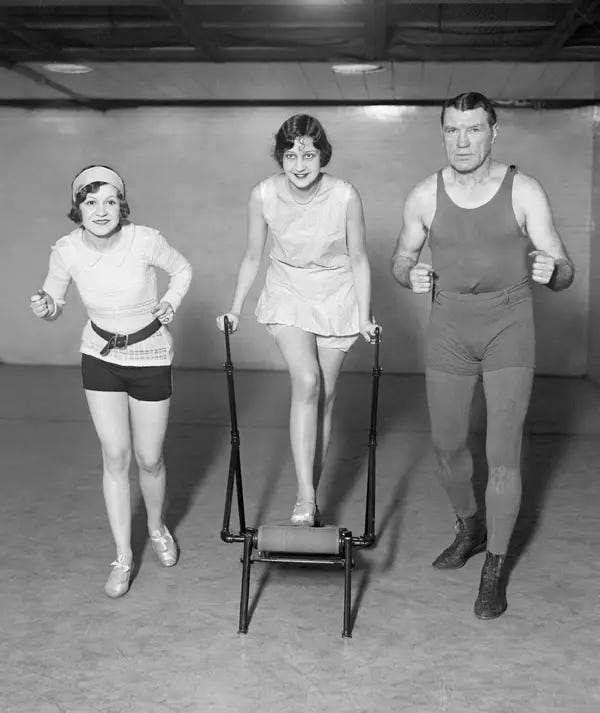Not So Fast
In this week's Rundown, a more active foam roller, a new take on running fast and some evidence that living longer may mean eating less calories and only during the day.
The Rundown
Roller Vibe. If you’re looking for your foam roller to do more than just roll, the cordless Grid Vibe Plus offers four vibration settings with varying intensities. The rechargeable battery lasts up to two hours and the roller’s smaller size (12 x 3.5 inches, 2.5 pounds) makes it easy to take with you.
Not So Fast. A study published in the journal, Current Biology, found that running faster might require us to defy our natural biology. Scientists from Queens University in Ontario and Stanford University in California combined data from runners monitored in a lab with data from 37,000 runs recorded on wearable fitness trackers.
First author of the study, Jessica Selinger, a neuromechanics researcher at Queens University, said, “We intuitively assume that people run faster for shorter distances and then would slow their pace for longer distances.” But what the team discovered from the analyzed runners is that most stayed with the same speed whether they went for a short run or a longer one (10k or more).
This result makes sense from an evolutionary perspective—people run at the speed that uses the least amount of energy. But in the modern world, the reasons we run have changed. So if your goal is speed, you may want to kickstart your natural pace with fast music or a faster running partner. Both help quicken stride frequency which can then increase running speed.
Longevity Boost. New research suggests that living longer could be a result of calorie restriction combined with time-restricted eating. Published in the journal, Science, the study (read the abstract) used data from hundreds of mice over a four-year period to examine the effects of both a reduced calorie diet and a reduced calorie diet that is consumed during a specific time of day.
The team discovered that reducing the caloric diet of the mice (by 30 to 40 percent compared to mice that could eat as much as they wanted) extended their lives by 10 percent. But feeding the mice a low calorie diet only at night, when they are most active, extended life by 35 percent, which means the combination of low calories and specific time of day added an extra nine months to the animals’ typical two-year median lifespan.
While scientists are only starting to understand how calorie restriction slows aging at the cellular and genetic level, they have discovered that as an animal ages, genes linked to inflammation typically become more active and genes that help regulate metabolism become less active. The study found that when calorie restriction was timed to the mice’s active period, it helped offset these genetic changes as the mice aged.
For people to see similar health benefits that add up to a longer life, a comparable plan would be reducing calories along with restricting eating to daytime hours.
Replay
This week’s vintage moment in fitness culture is brought to you by the humble beginnings of the treadmill, circa 1928. Photo credit: Bettmann/Getty.




